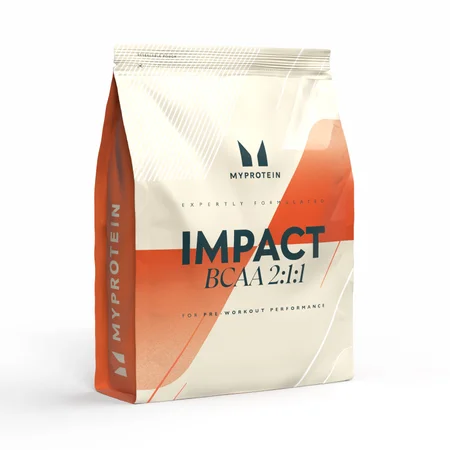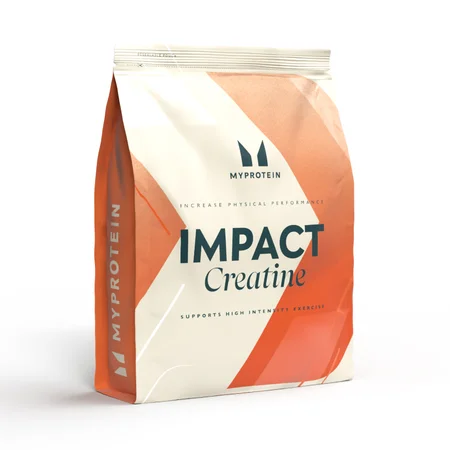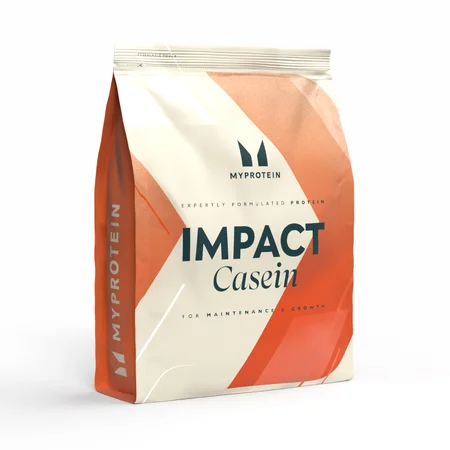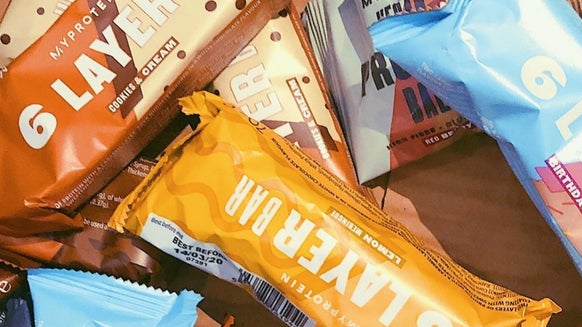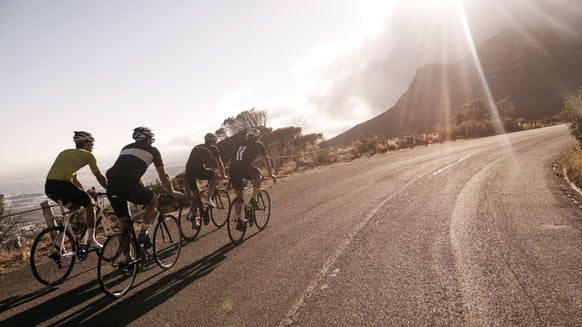Tips On Training During Ramadan While Fasting
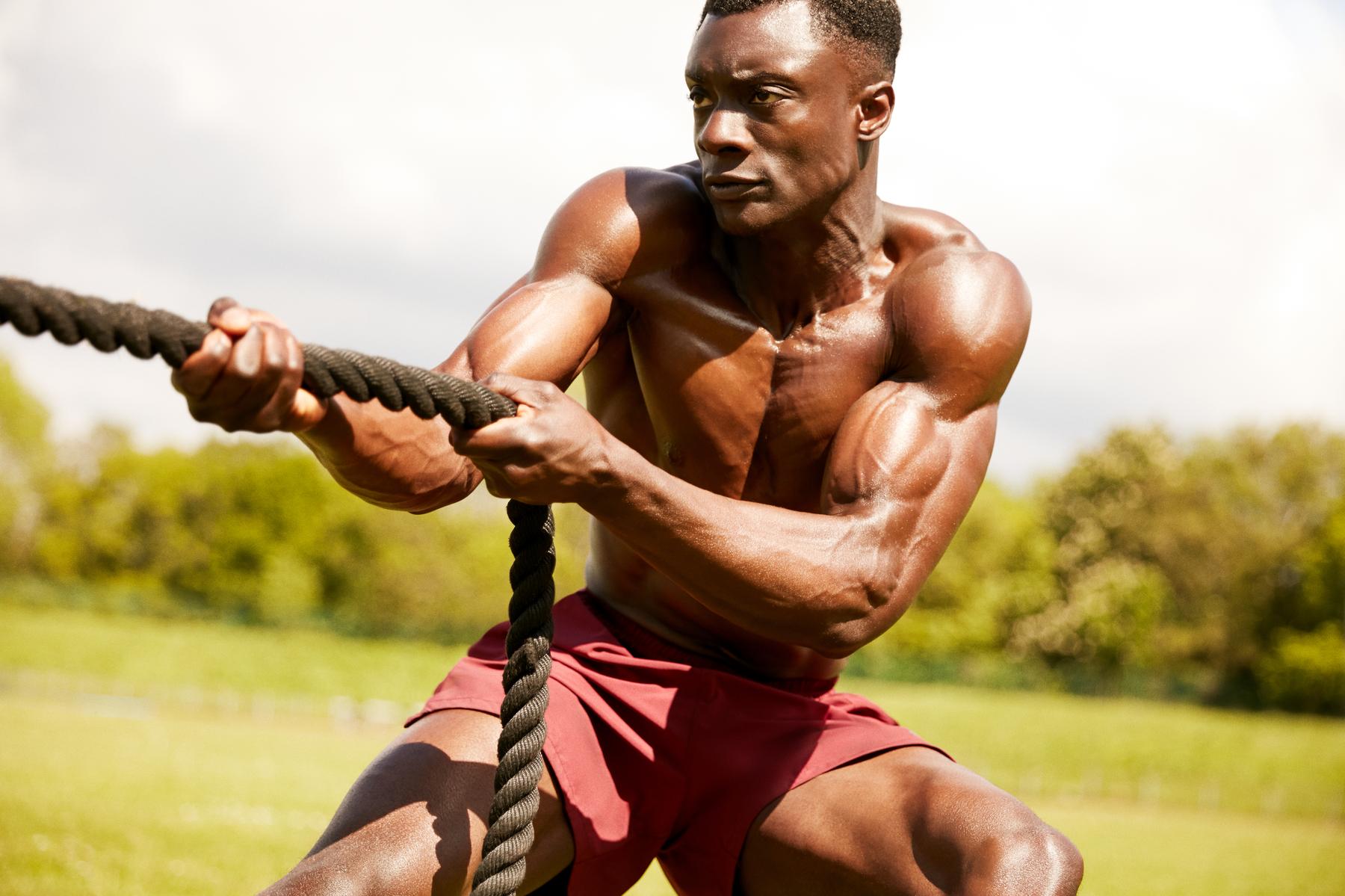
Ramadan is soon approaching, and with that comes a massive burden on our bodies. Training during Ramadan is extremely important, as it is in any other month because it’s the only way to achieve our goals. We will look at common mistakes and tips regarding training during Ramadan, both for losing weight and gaining muscle mass.
Common Mistake During Ramadan
Not planning your training: People underestimate just how beneficial having a workout plan is. These are catered to your specific goal and are the best way to ensure you are making progress rather than wandering aimlessly at the gym. There is no right or wrong workout, so whatever suits someone you are following might not be helping you out.
Tips on Training during Ramadan
Training to lose weight during Ramadan:
It’s safe to say that losing weight is easier during Ramadan. However, from a training perspective, there are some things to keep in mind so you don’t burn out during this month. Even if you are losing weight, high-intensity cardio is not recommended, especially if you are working out while fasting. Your body already loses a lot of fluids during this time and you are better suited to doing slow, longer lasting cardio to burn calories, exercises such as wall balls, box jumps, along with abdomen workouts like sit-ups and leg- raises will be an excellent way to burn fat. The important thing to remember is not to go too intense this month, as your body is already under a lot of stress.
When should I train? Training during Ramadan for those trying to lose weight is quite flexible in terms of timing. Two excellent times would be right before or after Iftar. Before Iftar allows you to push your body and lose plenty of mass (both fat and muscle) before Iftar. You can compensate the loss of muscle mass at Iftar by loading up on high protein foods and shakes. If you train after a light Iftar, you can use the energy from that meal to workout and perhaps push yourself a little harder. Keep in mind you would have to take another meal (preferably high in protein, again) to allow your muscles to recover.
Training to gain muscle during Ramadan:
This is a slightly more difficult task because gaining muscle requires you to be in-taking a fair number of calories. Your digestive system is already under a lot of stress because it must digest a lot of food in a short period of time. Those trying to gain weight should limit the amount of cardio they do and focus on powerlifting, weight and strength training. This is not the month to be trying hit your personal-bests, so keep your aims slightly lower, and focus on classics such as bench press, deadlifts, squats and others. Maintaining muscle mass will be a massive achievement, and if you eat right, fat can still be lost, which will result in a leaner and more toned body -something we all want.
When to train? Training during Ramadan for those trying to gain muscle is slightly more fixed in terms of timing. Training before Iftar is not the greatest idea as although you will lose fat, you will also lose a bit of muscle mass. You also will have very little energy to lift the kind of weights you need to gain muscle mass. After Iftar is a good idea, using the energy from the meal, and loading up on protein afterward.
Supplements during Ramadan
Protein shakes during Ramadan
An excellent option, especially during Ramadan. Why? This is because as mentioned earlier, our digestive system comes under extreme stress and must work overtime because there is a lot of food intake in a short period of time. Protein shakes act as a form of liquid calories which are less stressful and convenient way to get your required protein intake, something you need irrespective of your goal. Slow digesting protein such as Casein protein can be taken at night before going to bed along with Whey protein after workouts. Please ensure your water intake is at its highest level this month as your body is constantly battling dehydration.
BCAAs: during Ramadan
Why not take a supplement whose primary role is to prevent the loss of muscle mass? BCAAs work by ensuring that there is a positive protein balance, that is, the rate of protein build-up is greater than the rate of breakdown. They can be consumed by both weight gainers and weight losers because nobody wants to lose muscle mass, and BCAA works to prevent this loss. They are easy liquid calories (less stress on digestive system), and can be consumed, before after or during workouts. This is a smart addition to your Ramadan diet and workout plan.

